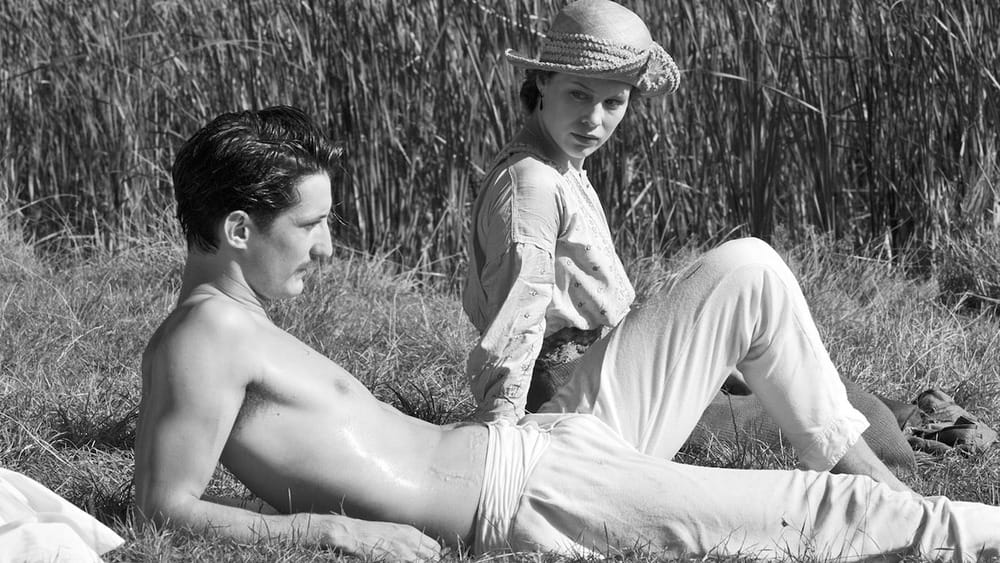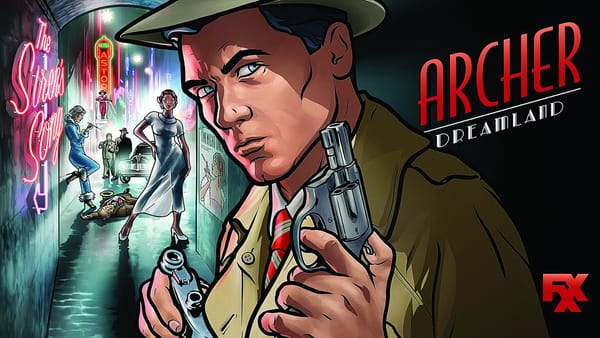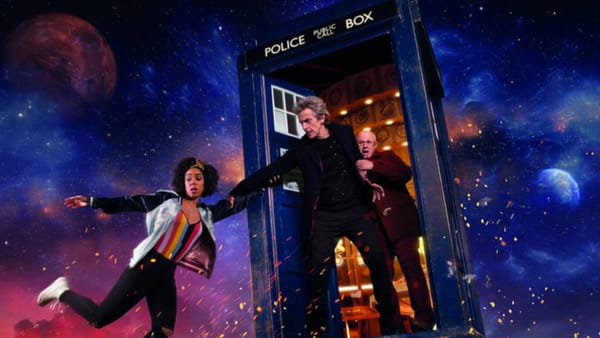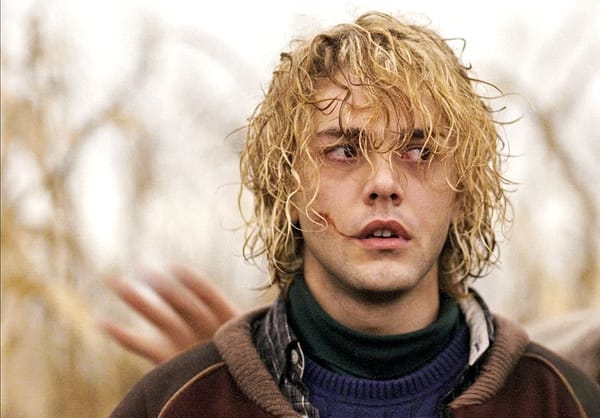Francois Ozon's wit doesn't shine through in Franz
This was not an enjoyable film

Since his feature film debut with Sitcom, the French director Francois Ozon’s name has been associated with a certain sharpness; in the majority of his films, the buoyant subject matter and visual style is undercut with a razor’s edge of darkness, running through the film like writing through a stick of Brighton rock. Whether it’s the interrogation of social norms and repressed sexuality in 2010’s Potiche, or the shimmering eroticism of 2003’s Swimming Pool, which marked Charlotte Rampling’s return to the spotlight, Ozon’s films have always had a curious mix of energetic visual style, bold writing, and bitter aftertaste – like a short shot of strongest coffee.
Unfortunately, this does not extend to his latest outing, Frantz. A rough adaptation of Enrst Lubitch’s 1932 drama Broken Embraces, _Frantz_takes place in a small German town, immediately following the end of WWI, where the sudden arrival of a young French man caused disconcertion and disquiet among the locals. It turns out that the young man was a French soldier, named Adrien (Pierre Niney), who turns up at the doorstop of the local Doctor (Erntz Stötzner), claiming to have known his son, who died in the war fighting for Germany. As he begins to infiltrate into their life, unspoken feelings develop between him and Frantz’s beautiful widow, Anna (Paula Beer).
Initially, there are hints of the sharpness for which Ozon is so well-known; but this quickly fades away, and the reveal of the Frenchman’s true intentions, about halfway through the film, is anything but shocking. At this point, the film runs out of steam, and is left to float along inanely – an editor with a surer hand would have been able to trim some of this bloat away.
Set in sumptuous black-and-white for the most part, Frantz is visually appealing, rivalling recent retro-efforts like Blancanieves or The Artist; unfortunately, Ozon relies too heavily on sudden switched into colour, which quickly lose their impact. The acting is all very well-done, particularly Beer, who articulates her lines in French and German with a solid control, which almost but never quite hides the pain in her heart. It would be great to see her take on something with a bit more heft in the future.
Frantz, for all its visual charm and right-on message about the hypocrisy of war, is ultimately unmemorable. A small amuse-bouche of a film, which glides along at its own pace, to say that Frantz leaves the viewer wanting more is the wrong expression; rather, it leaves us starving for something of real substance.








